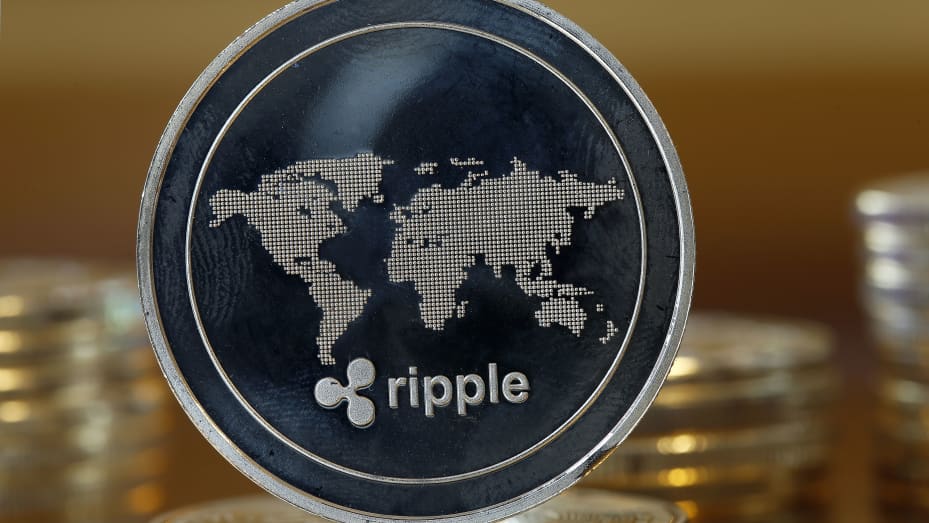|
Getting your Trinity Audio player ready...
|
Traditional finance is increasingly embracing blockchain technology, and Germany’s largest development bank, KfW, is at the forefront of this transformation. In a recent announcement, KfW revealed its partnership with Boerse Stuttgart Digital (BSD) to prepare for an upcoming digital bond issuance. This initiative, part of the European Central Bank’s (ECB) trials, aims to explore the benefits of blockchain-based transactions for central bank money settlements.
The move aligns with the German Electronic Securities Act (eWpG), which provides a legal framework for the issuance of electronic securities in Germany. BSD will play a crucial role in this process, overseeing crypto wallets and securing private keys during the issuance and redemption phases.
Gaetano Panno, head of transaction management at KfW, emphasized the bank’s commitment to digitalization in a statement: “As one of the world’s largest and most active bond issuers, we are actively driving digitalization initiatives in the issuing and settlement process. The utilization of new technologies as part of the ECB trials enables us to technically process a ‘delivery vs. payment’ transaction and thus supports our digital learning journey.”
KfW’s foray into tokenized bonds represents a significant step in the broader trend of real-world asset (RWA) tokenization. This process involves placing traditional financial instruments, such as bonds, credit, and funds, on blockchain rails. The benefits are substantial, offering faster and more transparent transaction settlements, reduced costs, and enhanced efficiency and transparency.
Last month, Italy’s state-owned development bank, Cassa Depositi e Prestiti SpA (CDP), and lender Intesa Sanpaolo completed a similar blockchain-based bond issuance as part of an ECB trial. These developments signal a growing recognition among traditional financial institutions of the operational advantages that blockchain technology can provide.
KfW’s upcoming digital bond issuance will follow its successful debut in the realm of tokenized securities. In July, the bank issued a 100 million euro ($108 million) digital bond using the Polygon (MATIC) network. This initial foray demonstrated the potential for blockchain technology to streamline and enhance the issuance and settlement processes for securities.
The collaboration between KfW and BSD highlights the strategic importance of partnerships in navigating the complexities of blockchain technology. By leveraging BSD’s expertise in digital infrastructure, KfW aims to ensure the security and efficiency of its tokenized bond offerings.
As the financial industry continues to evolve, the tokenization of real-world assets is poised to play a pivotal role. The ongoing ECB trials and initiatives by leading institutions like KfW underscore the potential for blockchain technology to revolutionize traditional finance. With faster settlements, lower costs, and increased transparency, tokenized bonds and other digital assets are set to become integral components of the financial landscape.
KfW’s preparation for a tokenized bond issuance in collaboration with Boerse Stuttgart Digital marks a significant milestone in the integration of blockchain technology into traditional finance. This initiative, part of the ECB’s broader efforts to explore blockchain-based transactions, exemplifies the growing momentum behind the tokenization of real-world assets. As KfW and other financial institutions continue to innovate, the future of finance promises to be more efficient, transparent, and digitally integrated.
Disclaimer: The information in this article is for general purposes only and does not constitute financial advice. The author’s views are personal and may not reflect the views of Chain Affairs. Before making any investment decisions, you should always conduct your own research. Chain Affairs is not responsible for any financial losses.
Crypto and blockchain enthusiast.




